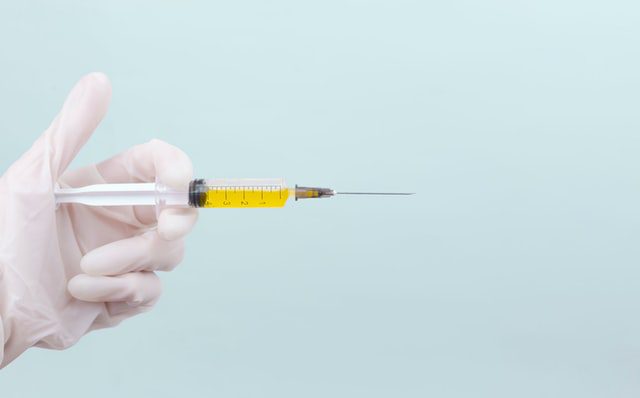
Pediatric acute liver failure associated with SARS-CoV-2 infection
“We describe the case of a 3-year-old previously healthy female who developed acute liver failure secondary to type 2 autoimmune hepatitis preceded by mild infection with SARS-CoV-2”
Although elevated liver enzymes are common in hospitalized children with severe acute respiratory syndrome coronavirus 2 (SARS-CoV-2) infection, pediatric acute liver failure is an uncommon manifestation of COVID-19 disease. We describe the case of a 3-year-old previously healthy female who developed acute liver failure secondary to type 2 autoimmune hepatitis preceded by mild infection with SARS-CoV-2. Testing for viral hepatitis was negative, and the patient did not meet diagnostic criteria for multisystem inflammatory disease in children (MIS-C). A liver biopsy showed acute submassive hepatocyte necrosis with brisk CD3+ T lymphocyte infiltration and no evidence of fibrosis or chronic liver disease. Treatment with high-dose methylprednisolone resulted in rapid normalization of alanine aminotransferase (ALT), aspartate aminotransferase (AST), international normalized ratio (INR), and ammonia levels, and liver transplantation was avoided. This case highlights a possible association between SARS-CoV-2 infection and subsequent development of autoimmune liver disease presenting with acute liver failure.
Case report: Pediatric Acute Liver Failure Due to Type 2 Autoimmune Hepatitis Associated With SARS-CoV-2 Infection
UKHSA: Hepatitis in kids – revised hypotheses include new SARS-CoV-2 variant
Photo by Liane Metzler on Unsplash





